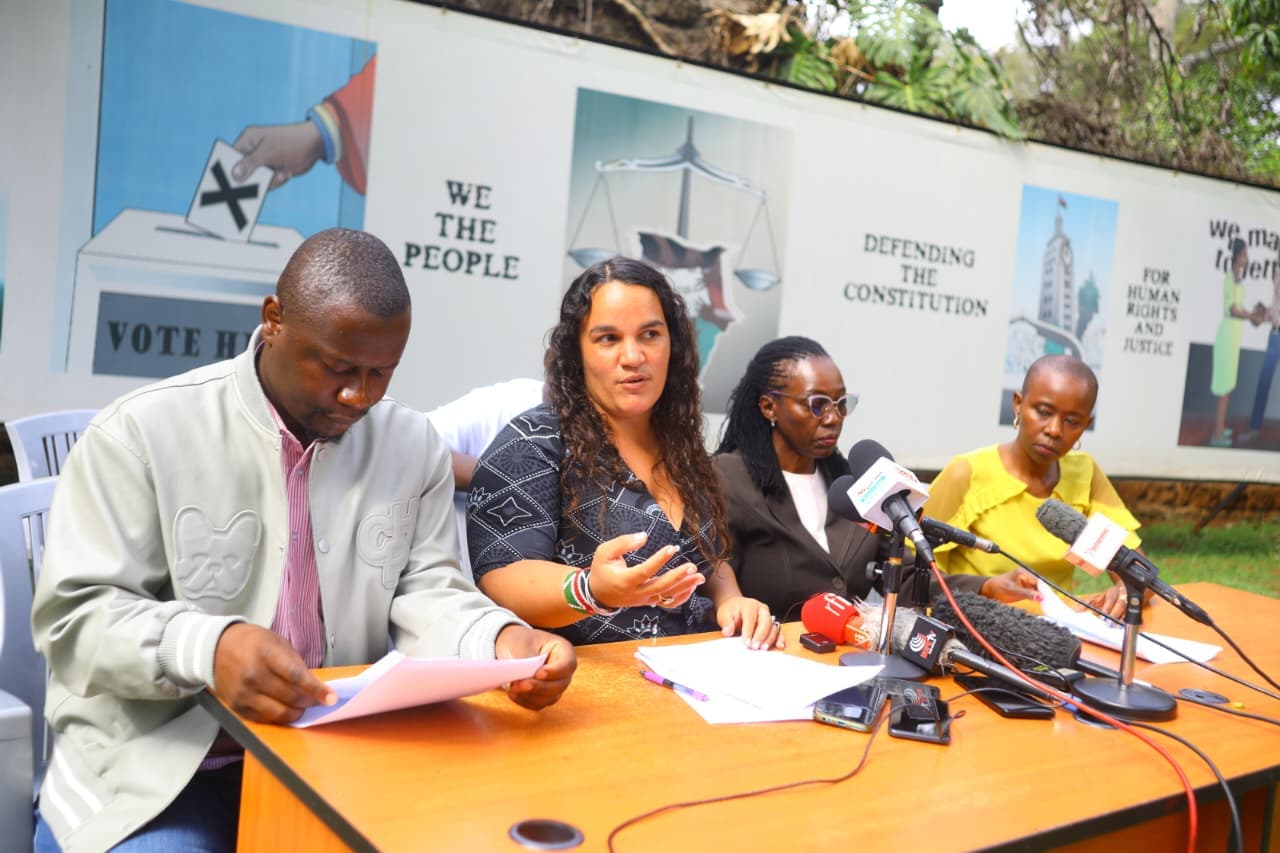We're loading the full news article for you. This includes the article content, images, author information, and related articles.
President Samia Suluhu Hassan seeks her first full term in an election marked by the disqualification of major rivals, raising concerns for democratic stability in Tanzania and across the East African region.

Tanzanians are heading to the polls today, Wednesday, 29 October 2025, for a general election to elect their president, members of parliament, and local councillors. The election sees incumbent President Samia Suluhu Hassan of the long-ruling Chama Cha Mapinduzi (CCM) party seeking her first popular mandate after assuming office in March 2021 following the death of her predecessor, John Magufuli.
However, the electoral landscape is defined by the absence of any significant challenge to President Hassan and the CCM. Major opposition parties have been effectively sidelined. The main opposition party, Chadema, has been barred from the election, and its leader, Tundu Lissu, was arrested in April 2025 and faces treason charges. Similarly, the presidential candidate for the Alliance for Change and Transparency (ACT-Wazalendo), Luhaga Mpina, was also disqualified from the race. These actions have led critics to describe the political climate as largely uncompetitive and the election as more of a formality.
International human rights organizations have raised serious alarms about the environment in which the election is being held. In reports released ahead of the vote, both Amnesty International and Human Rights Watch have documented a systematic crackdown on dissent. Their findings point to a pattern of arbitrary arrests, assaults, and enforced disappearances targeting opposition members, activists, and journalists. Amnesty International described a "climate of fear" and warned that the election risks becoming a "procedural affair devoid of legitimacy." The Tanzanian government has refuted these allegations, with a spokesperson calling them “unsubstantiated and misleading” and reaffirming the state's commitment to human rights and a fair election.
The lead-up to the election also saw the introduction of new electoral laws in 2024. While the government argued these reforms were meant to improve transparency, critics contended they failed to guarantee the independence of the electoral commission and maintained the ruling party's influence.
Despite initial reports suggesting their exclusion, regional and international observer missions are present in Tanzania. The African Union (AU), the East African Community (EAC), and the Southern African Development Community (SADC) have all deployed teams to monitor the electoral process. The EAC mission, led by former Ugandan Vice President Dr. Speciosa Wandira Kazibwe, consists of 67 observers, while the AU has sent a 72-member team. Their mandate is to assess the election based on Tanzania's laws and international democratic standards, with preliminary findings expected shortly after the vote.
The political situation has drawn concern from beyond the continent. The U.S. Senate's Foreign Relations Committee issued a statement noting that the arrests and intimidation “undermine Tanzania's democracy.” In neighbouring Kenya, opposition figure Martha Karua stated, “Tanzania is not having an election but drama,” reflecting concerns about the implications for regional democratic norms.
As a key member of the East African Community, Tanzania's political stability is of significant importance to Kenya and the wider region. The two nations are major trading partners, and their foreign policies, both recently updated, emphasize strengthening regional integration. A stable and predictable political environment in Tanzania is crucial for cross-border trade, investment, and joint ventures, particularly in sectors like tourism. The perceived erosion of democratic space could have ripple effects, impacting investor confidence and the political dynamics within the EAC. The conduct and outcome of this election will be closely watched in Nairobi and other East African capitals for its potential impact on regional stability and the future of democratic governance.
The Independent National Electoral Commission (INEC) of Tanzania has reported that over 37.6 million voters are registered to cast their ballots across nearly 100,000 polling stations. Polling stations opened at 7:00 AM EAT and are scheduled to close at 4:00 PM EAT on Wednesday, 29 October 2025.
Keep the conversation in one place—threads here stay linked to the story and in the forums.
Sign in to start a discussion
Start a conversation about this story and keep it linked here.
Other hot threads
E-sports and Gaming Community in Kenya
Active 9 months ago
The Role of Technology in Modern Agriculture (AgriTech)
Active 9 months ago
Popular Recreational Activities Across Counties
Active 9 months ago
Investing in Youth Sports Development Programs
Active 9 months ago
Key figures and persons of interest featured in this article